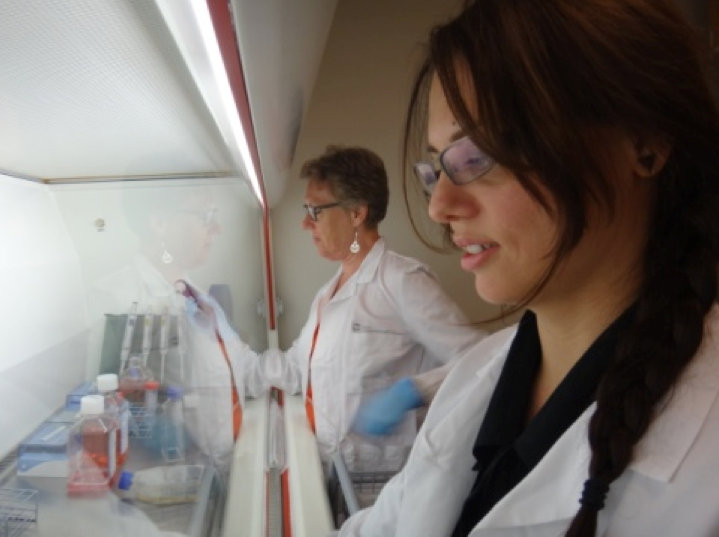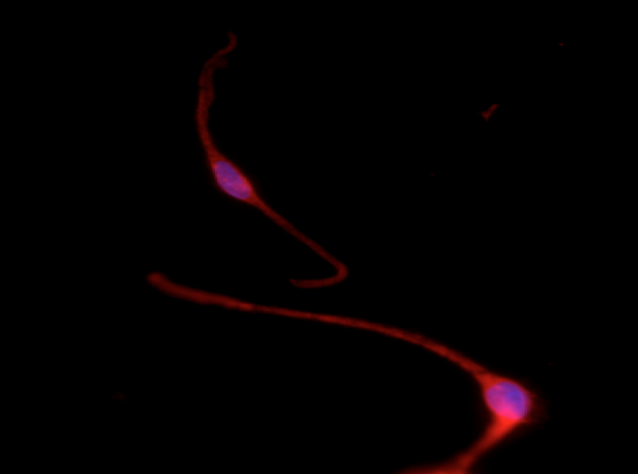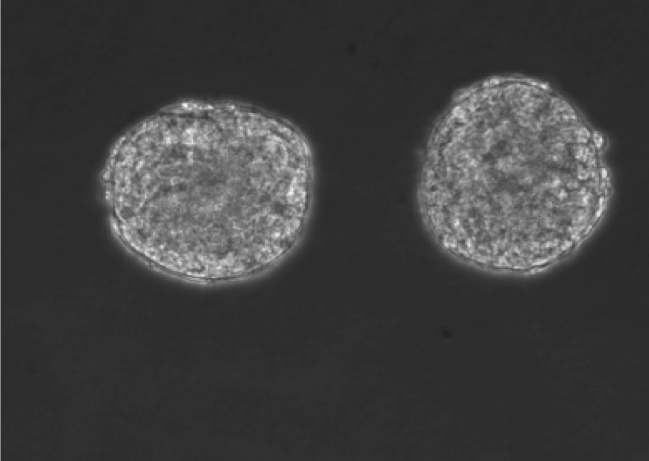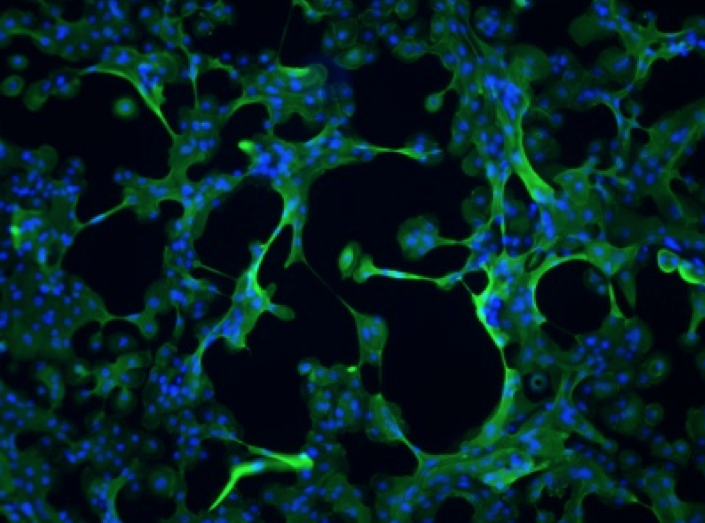The Department of Pathology receives funding for melanoma research through Horizon 2020 project.

The MELGEN (melanoma genetics) project has been awarded 3.9 million Euros from the EU. The MELGEN network, where OUS is a partner, brings together 7 European universities and 5 collaborating academic and commercial partners. The aim of MELGEN is to create a co-operative environment for research and training in melanoma research, with the ultimate goal of improving precision medicine for patients with this disease. The network will train 17 early carrier researchers (PhD). The Department of pathology, OUS will host two PhDs under supervision of Ana Slipicevic in melanoma group led by Vivi Ann Flørenes.
In their work Slipicevic and the collaborators focus on identification and characterization of novel genes involved in melanoma development using advanced novel models based on induced pluripotent stem cell technology (iPSC). It is a multidisciplinary approach that brings together the field of oncology and the rapidly developing field of iPSC in a state-of-the-art fashion. The group is utilizing patient derived iPSC and differentiating these into epidermal melanocytes and keratinocytes which are further incorporated into 3-dimensional artificial skin reconstructs. In this way it is possible to create true model of a patients skin in order to study previously experimentally inaccessible complex genotypes and genes associated with melanoma risk.
 |  |  |
| Differentiated human melanycytes | Embryonic bodies | Human keratinocytes |
Facts MELGEN
|
Links
More info about the partners and the projects (from Faculty of Medicine and Health, University of Leeds)
